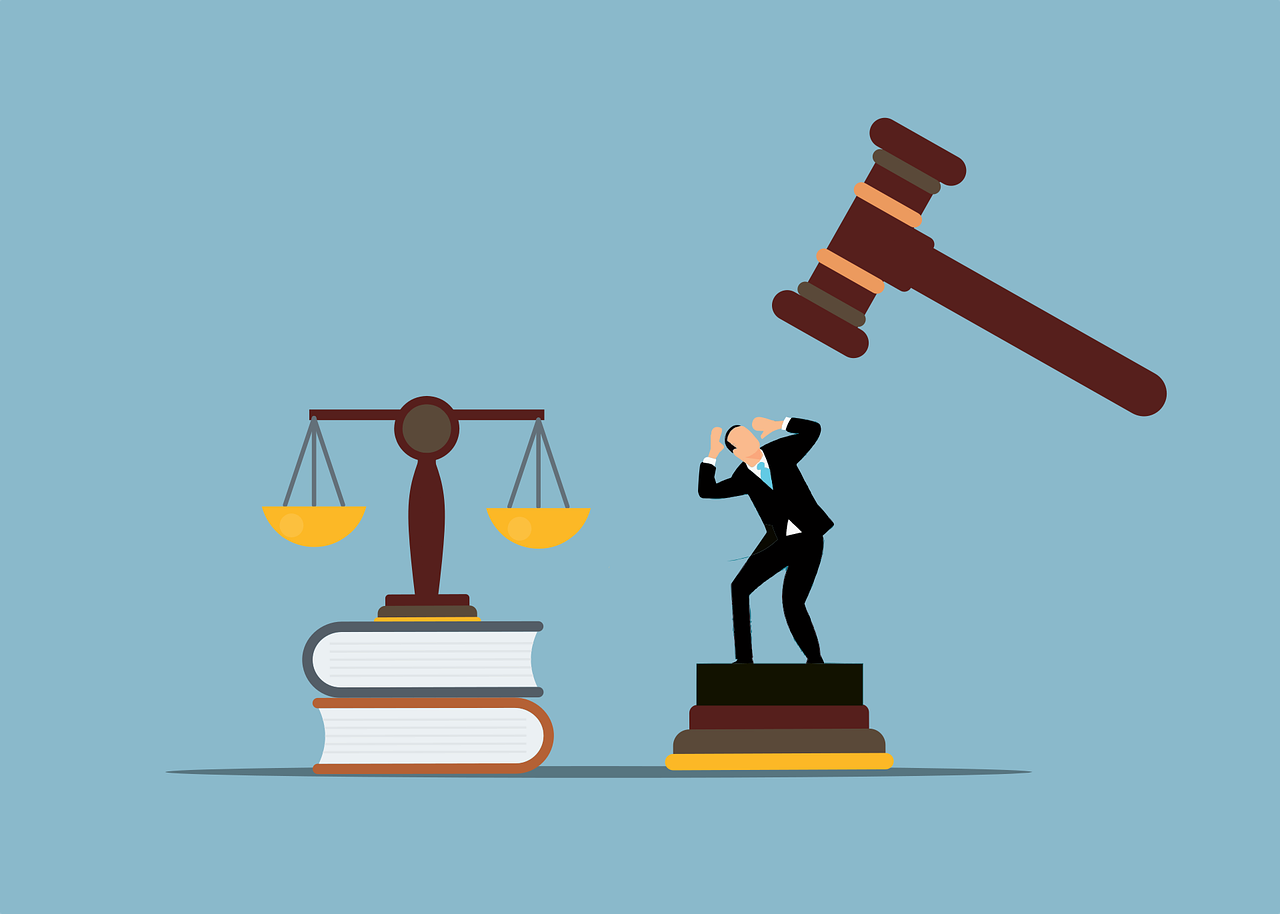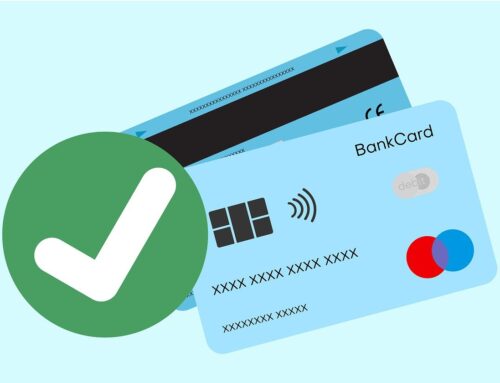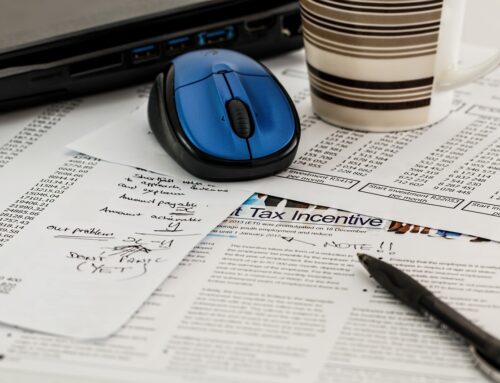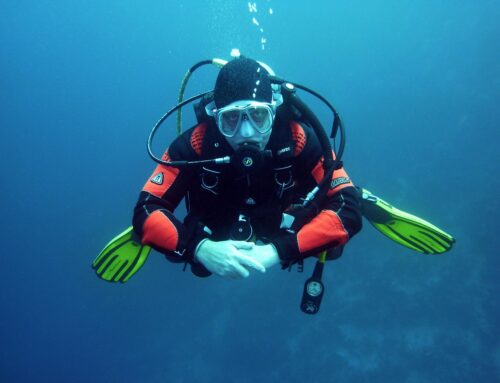
Anti-Slander Laws in the Philippines and Social Media
Anti-Slander Laws in the Philippines and Social Media
In the Philippines, just like in many other countries, there are laws designed to protect individuals from the harm caused by slander. With social media platforms now central to how we communicate, both positively and negatively, it’s important to understand how anti-slander laws apply in the digital world. This blog explores those laws and their implications for social media users.
The Legal Landscape: From Traditional Libel to the Digital Age
The Philippines has long had legal protections in place to shield individuals from harmful statements. Traditionally, these protections took the form of libel laws, which are outlined in the Revised Penal Code (RPC) of 1930.
The Revised Penal Code and Libel
The RPC defines libel as the malicious and public act of falsely accusing someone of a crime, vice, or any behavior that harms their reputation.
-
This includes written communication—anything from printed materials to handwritten notes that get shared publicly.
-
Those found guilty of libel can face penalties, including imprisonment and fines.
The Rise of Social Media and the Expansion of Libel
Social media has dramatically changed how we communicate, and this shift has not gone unnoticed in the legal world.
-
With the rise of online platforms, the Cybercrime Prevention Act of 2012 (RA No. 10175) broadened the scope of libel to include online statements.
-
This means that posts, comments, and articles shared on social media are now treated like written publications, subject to the same legal standards as traditional media.
The Significance of This Expansion
The inclusion of online communication under the scope of libel laws provides vital protection in today’s digital world.
-
The Cybercrime Prevention Act helps deter individuals from spreading harmful, false statements online, making them accountable for the impact of their words.
-
It ensures that reputational harm through online content doesn’t go unpunished.
Moving Forward
With both the traditional libel laws and the Cybercrime Prevention Act in place, the Philippines has built a strong legal framework to address defamation in the digital world. For social media users, understanding these laws is important, whether you’re posting content or protecting yourself from online attacks.
Private Groups Aren’t Private Enough: Slander and Unmasking Anonymous Defamation
Free speech is a cornerstone of a healthy democracy, but it has its limits. While traditional slander laws in the Philippines might not apply in certain contexts, online libel through social media, even within private groups, can still carry serious legal consequences.
This section explores the situation where defamatory content is anonymously posted in a private social media group. Here’s why anonymity might not provide the protection some expect:
Cybercrime Prevention Act and Online Libel
As discussed earlier, the Cybercrime Prevention Act of 2012 expands the definition of libel to include online communication. This means that even statements posted in a private group can be considered libelous if they meet the four key elements of libel—publication, identification, defamatory nature, and malice.
Court Orders and Identity Disclosure
If someone believes they’ve been defamed in a private group, they can request a court order to reveal the identity of the anonymous poster. If the court sees a strong possibility of a valid libel case, it can compel the platform (like Facebook) to disclose the individual’s identity.
Remember: Even in a seemingly private space like a closed group, the consequences of posting defamatory content remain real.
Safeguarding Your Reputation and Others’: Responsible Social Media Use
The digital age has transformed the way we connect and share information, but with this power comes the responsibility to use social media in a constructive and ethical way. Here are some key principles to follow for responsible social media use in the Philippines:
Think Before You Hit “Post”: The Power of Pause
-
Consider the Impact: It’s easy to react impulsively, but take a moment to think about how your post might affect the person you’re addressing—and the potential ripple effects on others who see it.
-
Long-Term Consequences: Keep in mind that the internet has a long memory. What you post today could resurface years later, impacting your personal or professional life.
Be a Fact-Checker, Not a Hype Machine
-
Verify Information: Misinformation spreads quickly online, and it can cause real harm. Don’t pass along unverified information. Always check the facts, especially if the post seems sensational or negative, by consulting credible sources.
-
Be Skeptical of Clickbait: Headlines designed to grab attention often rely on exaggeration or partial truths. Approach sensational posts with caution and do your own research before sharing them.
Kindness Matters: Fostering Respectful Discourse
-
Disagree with Civility: Disagreements are natural, but they don’t need to devolve into personal attacks. Stay civil, avoid name-calling, and focus on presenting your arguments clearly and rationally.
-
Remember the Human on the Other Side: Behind every screen is a real person. Treat others with the same respect you’d expect in face-to-face interactions.
Protect Your Privacy and Others’: Boundaries Matter
-
Not Everything Belongs Online: You don’t have to share everything with the world. Respect the privacy of yourself and others by avoiding posting sensitive information or photos without their consent.
-
The Power of Privacy Settings: Social media platforms offer various privacy settings that let you control who sees your posts. Use these features to ensure your content is shared only with trusted individuals.
Report Abuse: Don’t Be a Bystander
Standing Up to Harassment
If you come across harassing or defamatory content online, take action. Most social media platforms have tools for reporting abusive behavior. Using them helps keep the space safe for everyone. It’s a simple step that makes a real difference.
Collective Responsibility
Creating a respectful online environment isn’t just up to moderators—it’s something we all share. By reporting harmful posts, you’re sending a clear message that abuse isn’t okay and won’t be ignored.
When Words Wound: Seeking Recourse for Online Libel
The internet is a powerful place for sharing ideas, but it can also be used to harm others. If you’re a victim of online libel in the Philippines, here’s what you can do to protect yourself:
Gather Evidence: Documentation is Key
-
Take Screenshots and Recordings
Save a copy of the content—screenshots, videos, or audio clips—before it’s deleted. This is your starting point for any action you plan to take. -
Get Witness Statements
If someone else saw the post or comment before it was removed, ask them to write down what they saw. A secondhand account can help support your case.
Contact the Platform: Request for Removal
-
Use the Built-In Tools
Social platforms like Facebook, X, and Instagram offer reporting features. Use them to flag the content and explain why it’s defamatory. -
Be Clear and Specific
When reporting, describe exactly how the post has affected you. The more specific and respectful your explanation, the better the chance it gets reviewed seriously.
Consider Legal Action: Weighing Your Options
-
Talk to a Cybercrime Lawyer
A lawyer who understands Philippine cybercrime law can help you decide your next steps. They’ll look at the strength of your case and explain what’s involved. -
Understand the Cost
Legal action can be time-consuming and expensive. Weigh the pros and cons before moving forward.
Protecting Your Reputation: Proactive Measures
-
Build a Positive Presence
Focus on sharing who you are in a positive light—whether through your work, hobbies, or community involvement. A strong online presence helps reduce the impact of negative content. -
Be Thoughtful About What You Share
Before you post something, ask yourself if it’s something you’d be okay with everyone seeing later. Once something’s online, it’s hard to take back.
Conclusion: Building a Respectful Online Community in the Philippines
The Philippines is known for its hospitality and rich culture. Online spaces help connect locals and expats alike—but it’s up to all of us to keep these communities respectful and welcoming.
Understanding the Landscape
This blog covered how online defamation is handled under Philippine law, especially under the Cybercrime Prevention Act. Knowing these rules helps expats stay on the right side of the law and avoid unintended trouble.
Beyond Legal Boundaries
Being part of a healthy online community means going beyond just following the rules. Here’s how expats can help make the digital Philippines a better space:
-
Think Before You Post
Cultural sensitivity matters. What might seem harmless to one person can be hurtful in another context. -
Avoid Stereotypes
The Philippines is incredibly diverse. Steer clear of generalizations that reduce people to labels. -
Celebrate Cultural Exchange
Share stories, traditions, and experiences in a way that encourages learning and respect. -
Be a Responsible Netizen
If you see abuse or harassment online, speak up or report it. Your actions help create a safer space for everyone.
Together We Build
A strong online community thrives when everyone—Filipinos and expats alike—contributes with respect and intention. By practicing responsible social media use, we’re helping to create an online space where culture, conversation, and connection can truly thrive.
Let’s build something better, together.

















